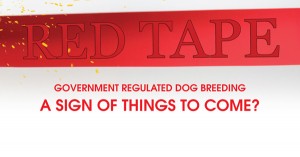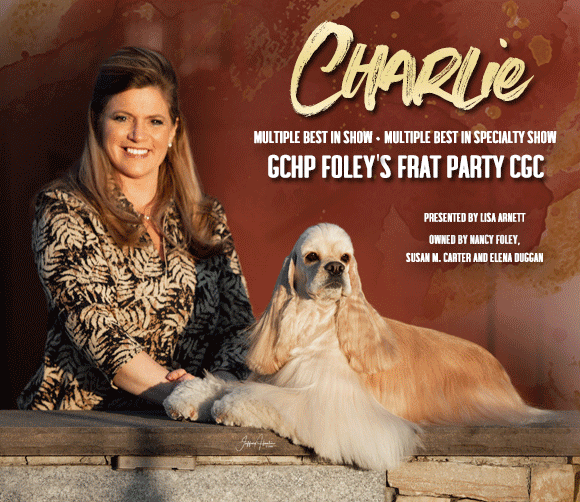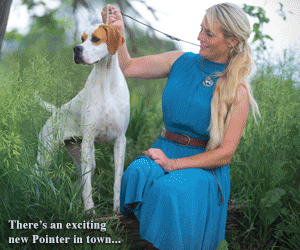Government Regulated Dog Breeding …A Sign of Things to Come?
Click here to read the complete article
114 – August, 2020
 By Amy Fernandez
By Amy Fernandez
This is possibly not the best time to focus on government ability to handle complicated issues. But that’s never stopped them from trying. Getting to the point, a couple of weeks back the Raad van Beheer (Dutch Kennel Club), issued a somewhat militant statement reiterating their stance on dog breeding health and welfare. This is not new. Many European breeders face restrictions and scrutiny that would be unimaginable here. (Think about that the next time you wanna slam AKC). Simply owning a dog requires some scrupulous vetting, never mind breeding or exhibiting.
Holland has had stringent animal welfare laws in place for decades and Dutch breeders already face exacting regulations with the RVB ensuring every step of compliance. I’ve been there many times, personally visited several breeders, and also worked with a few of them. It’s a small country, with a comparably small dog scene. Nothing is overlooked in that respect, including banning scofflaws.
Holland’s 2014 Animals Act reiterated and upgraded typical regulations, such as ensuring that animals are properly fed and housed, and maintained in conditions that ensure mental and physical well-being. Those requirements ascend to a whole different level for breeders. Health exams are mandatory. It also bans certain breeding methods. Along with that stuff, the legislation is loosely worded to prohibit breeding any animals that have certain conditions or physical traits that could affect their health or welfare, or their offspring. On top of that, the Dutch equivalent of the USDA maintains the right to revise rules for parent clubs including imposing special conditions that must be met before animals can be registered or bred. They have the authority to prohibit participation in purebred competitive events for a variety of reasons.
Those rules are both demanding and vague enough to invite creative interpretation and additional restrictions within their framework. That kind of open-ended legalese is certainly not limited to this sector of government–“possible harmful consequences”–jeezzz, that can be applied to everything.
Click here to read the complete article
114 – August, 2020

Short URL: https://caninechronicle.com/?p=188329
Comments are closed











